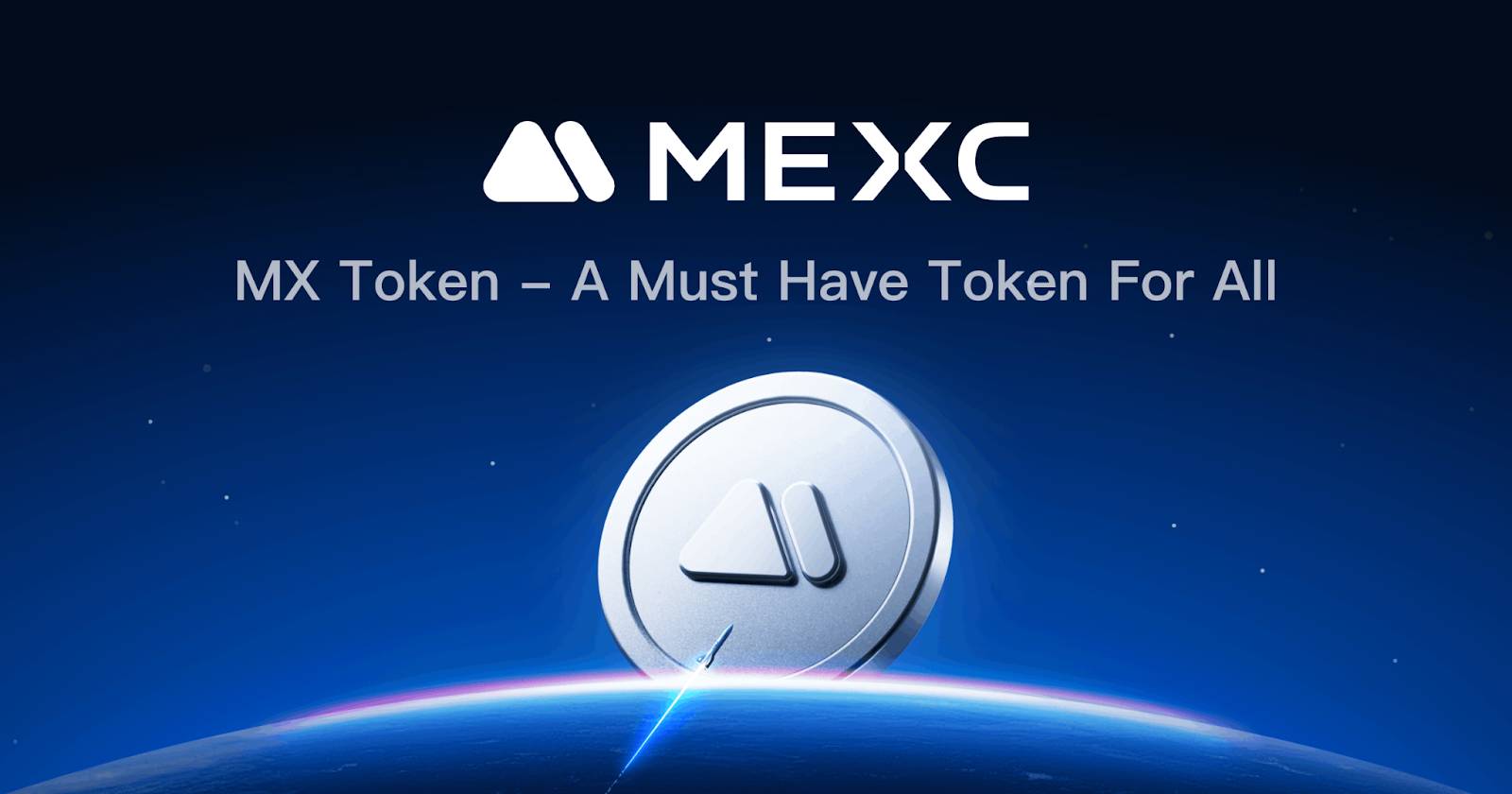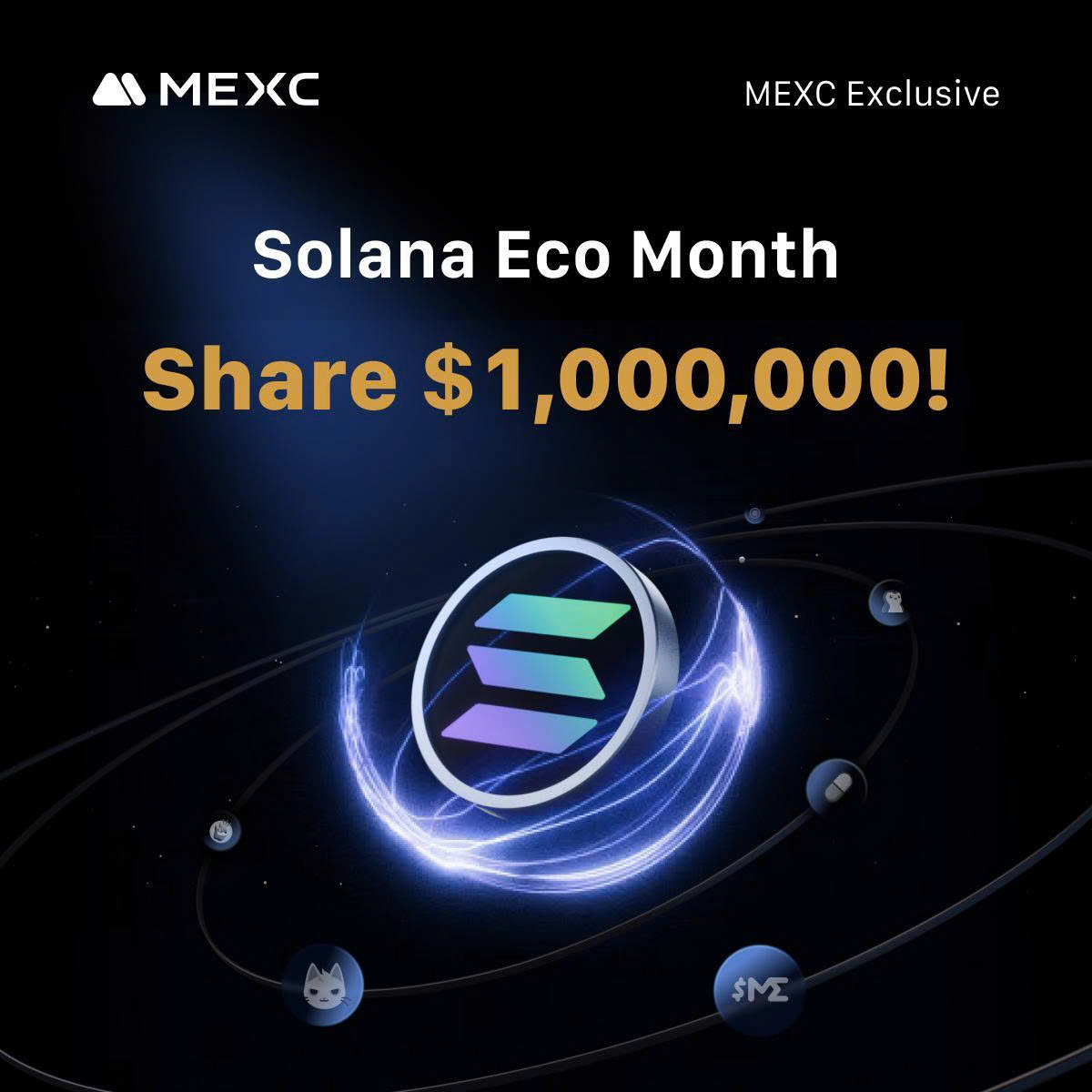
7 minute read
MEXC vs Binance vs Bybit: A Comprehensive Review
from MEXC Exchange
by XM Blog
When choosing between MEXC, Binance, and Bybit, the decision comes down to what you value most—trading fees, liquidity, product variety, or ease of use. Binance is the largest and most liquid exchange in the world, Bybit is a leading derivatives platform with a strong futures trading reputation, and MEXC offers a massive selection of altcoins with low fees and no strict KYC requirements for smaller accounts. This article will break down their differences clearly so you can decide which one suits your needs.

✅ Trade with MEXC now: Open An Account 👈
Overview of MEXC
MEXC has positioned itself as one of the most altcoin-friendly exchanges in the market. With over 2,000 listed cryptocurrencies, it gives traders access to early-stage tokens often before they are available on larger platforms. MEXC is particularly popular among users who want to explore niche projects and catch potential gems before they gain mainstream attention.
Its futures trading system offers up to 200x leverage on certain contracts, appealing to high-risk traders. MEXC’s spot trading fees are very low—often as low as 0.0% for makers—and its futures fees are also competitive.
Another standout point is MEXC’s flexible KYC policy. While verification is required for higher withdrawal limits and fiat transactions, many traders appreciate that they can start trading crypto-to-crypto without providing extensive personal details. This makes MEXC attractive for privacy-conscious users and those in regions where crypto regulation is still unclear.
Overview of Binance
Binance is the world’s largest cryptocurrency exchange by trading volume, boasting a huge selection of coins, deep liquidity, and a wide range of financial products. It supports spot trading, futures, options, margin trading, staking, savings, and even an NFT marketplace.
What makes Binance particularly strong is its ecosystem. It has its own blockchain—BNB Chain—plus a native token (BNB) that can be used for fee discounts, launchpad token sales, and DeFi projects. Binance also has advanced charting tools, robust mobile apps, and strong liquidity across almost every trading pair.
However, Binance enforces strict KYC requirements, meaning new users must verify their identity before they can fully trade or withdraw funds. In addition, regulatory scrutiny in multiple countries has led Binance to limit services in some jurisdictions, so availability varies by region.
Overview of Bybit
Bybit started as a derivatives-focused platform but has expanded into spot trading, earning programs, and even a Web3 wallet. It is best known for its professional-grade futures trading, offering up to 100x leverage and advanced order types for experienced traders.
Bybit’s user interface is sleek and responsive, appealing to both beginners and professionals. The platform frequently runs trading competitions and offers a loyalty rewards system to encourage active trading.
One of Bybit’s strengths is its risk management features, such as an insurance fund that helps prevent auto-deleveraging during extreme volatility. While Bybit has added more spot trading pairs over time, it still lists fewer altcoins compared to MEXC and Binance, focusing more on high-volume and popular assets.
KYC rules at Bybit have become stricter in recent years, and full verification is now required to access most trading services.

✅ Trade with MEXC now: Open An Account 👈
Trading Fees Comparison
When it comes to costs, all three exchanges have competitive fees, but their structures differ. MEXC often runs zero-fee promotions on spot trading and offers some of the lowest futures fees in the market. Binance gives fee discounts for users who pay with BNB, and Bybit rewards active traders with tiered fee reductions.
For traders who execute high-frequency trades or scalp, these small differences in fees can significantly impact profitability. MEXC’s zero-maker fee policy is especially appealing for such strategies, while Binance’s high liquidity may be worth the slightly higher costs for some traders.
Liquidity and Market Access
Binance leads in liquidity, meaning large trades can be executed with minimal slippage. This is important for professional traders, institutions, and anyone trading large volumes. Bybit’s liquidity is strong in derivatives but more limited in spot markets compared to Binance. MEXC’s liquidity varies by trading pair—major coins like BTC and ETH have solid order books, but smaller altcoins may experience wider spreads.
If you primarily trade Bitcoin or Ethereum, liquidity will not be a problem on any of these platforms. However, if you want the tightest spreads for large transactions, Binance is usually the better choice.
Product Range
MEXC focuses heavily on spot and futures trading, with occasional staking and yield products. Its biggest advantage is coin variety, making it a hub for altcoin hunters.
Binance offers a complete ecosystem—spot, futures, options, margin, staking, lending, NFTs, liquidity farming, and its own blockchain ecosystem.
Bybit is strongest in futures and perpetual contracts, though its spot offerings are expanding. It also integrates DeFi elements and NFT trading.
If you want the broadest set of tools and opportunities, Binance takes the lead. For traders who only care about futures with high leverage, Bybit is a top pick. And for those chasing new coins, MEXC is unmatched.
KYC Policies and Accessibility
MEXC’s lighter KYC requirements for basic accounts make it accessible in more regions where regulatory barriers exist. Binance and Bybit now both require full verification for most features, which could deter privacy-focused traders.
However, stricter KYC comes with benefits—Binance and Bybit often have better regulatory compliance and clearer legal standing in major markets, which can provide peace of mind for users concerned about long-term security and stability.
User Experience and Interface
Bybit is widely praised for having the most user-friendly and modern interface among the three, particularly in futures trading. Binance offers powerful tools but can feel overwhelming for beginners due to the sheer number of features and options. MEXC’s interface is simpler than Binance’s but not as polished as Bybit’s, though it still provides all essential functions.
For mobile trading, all three exchanges have stable, high-rated apps that support advanced order types, charting, and account management.
Security Measures
Security is a priority for all three exchanges. Binance employs SAFU (Secure Asset Fund for Users), a reserve fund that protects users in case of major hacks. Bybit uses an insurance fund to safeguard against liquidation losses in leveraged trading. MEXC implements standard industry protections like cold storage, two-factor authentication, and anti-phishing codes.
While no exchange is immune to hacking risks, all three have strong track records of managing security incidents transparently.
Pros and Cons at a Glance (Without a Table)
MEXC Pros: Massive altcoin selection, low or zero trading fees, high leverage, lighter KYC requirements.
MEXC Cons: Liquidity varies for smaller coins, interface less polished than rivals.
Binance Pros: Largest liquidity, huge product range, strong ecosystem, BNB token benefits.
Binance Cons: Strict KYC, regulatory issues in some countries.
Bybit Pros: Best for futures traders, sleek interface, strong risk management tools.
Bybit Cons: Smaller altcoin selection, requires KYC for most features.
Which Exchange Should You Choose?
If your priority is finding new coins early and keeping fees low, MEXC is hard to beat. If you want the most reliable liquidity and a full suite of crypto products, Binance is the clear winner. And if your main focus is professional-level futures trading with a smooth interface, Bybit will feel tailor-made for you.
Some traders even use all three—MEXC for altcoin opportunities, Binance for liquidity and staking, and Bybit for leveraged trading. This diversified approach lets you take advantage of each platform’s strengths while minimizing their weaknesses.
Final Thoughts
The right choice between MEXC, Binance, and Bybit depends entirely on your trading style, asset preferences, and comfort with KYC requirements. Binance dominates in scale and product diversity, Bybit shines in derivatives trading, and MEXC offers unmatched access to emerging cryptocurrencies.
For many traders, the smartest move is not to see them as competitors, but as complementary tools in a broader crypto strategy. By leveraging their unique strengths, you can maximize your opportunities in the fast-paced world of digital assets.
✅ Trade with MEXC now: Open An Account 👈
Read more:

